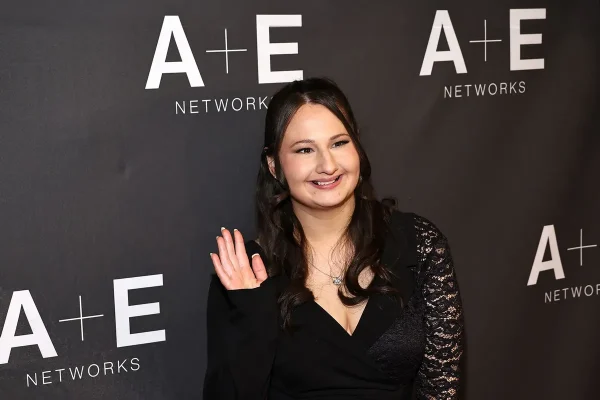Stop calling psychology a pseudoscience
Articles don’t usually anger me, but this one did.
I traced a series of frustrated psychologists’ articles back to the original aggressor: microbiologist Alex B. Berezow accusingly declares that psychology isn’t a real science.
More specifically, Berezow says this:
“…Psychology often does not meet the five basic requirements for a field to be considered scientifically rigorous: (1) Clearly defined terminology, (2) Quantifiability, (3) Highly controlled experimental conditions, (4) Reproducibility, and (5) Predictability and testability.”
The tension between “hard” sciences (like physics, chemistry, biology, etc.) and “soft” sciences (psychology and sociology) has long been established. However, just because one form is more quantifiable does not mean that the other is not science.
He states that the existence of psychology as a scientific study would be “redefining science.” If anyone is redefining science here, it’s Berezow himself.
To address the first note, Berezow brings up the study of happiness in positive psychology. He says that happiness is objective and different for everyone; thus, it cannot be clearly defined by terminology.
That is not the case.
In psychology, different wavelengths in the brain are measured by fMRIs, EEGs, reaction times, and more. This groundbreaking technology should, at the very least, be considered science.
What about the parts of psychology that deal with other, less quantifiable things? The psychology that deals with emotions and feelings?
Good news: operationalization exists for a reason. To measure something such as love, one must first operationally define the variable. Will love be measured by the measured increase in heart rate when a lover walks in the room? Will it be a rating, from a scale of 1-10? Will it be the number of people one is willing to push off a cliff for a lover?
Human minds change like the weather, and highly controlled experimental conditions don’t exist in the real world.
The bottom line is this: there are ways to quantify feelings and emotions. Psychology might not have strict rules for measurement, but that does not mean it’s not science.
Berezow argues that a science must include highly controlled experimental conditions. That is absurd, given that psychology works with humans. This field is exposed to unpredictable phenomena day after day. Human minds change like the weather, and highly controlled experimental conditions don’t exist in the real world.
This goes along with Berezow’s next point: that psychology lacks reproducibility. In an ever-changing human world, what use is reproducibility? Psychology works to uncover the reasons behind emotions in order to predict what might happen next time.
The last point that Berezow makes- that science must be predictable and testable- actually fits psychology. Psychological data is based off of predictions that lead to scientific studies and tests. Science follows the same rules.
Science has never been, and never will be, solely based off of hard, empirical evidence. Physicists themselves spent how long searching for the mere existence of the Higgs-Boson particle? And yet, no one questions whether physics is a real science or not.
Psychology shouldn’t even need to defend itself against claims that it’s not a science; if biologists, chemists, and physicists don’t, why should psychologists? If one were to argue that physics was the most “pure” science, what about mathematics?
At the end of the day, all of the science world is just trying to help the human world. Each field should be respected just as much as the next, and pointing accusing fingers will do us no good.

Irene is a senior who loves linguistics, long runs, and laughter. She also enjoys airports, thunderstorms, and long drives to the middle of nowhere.
























































































